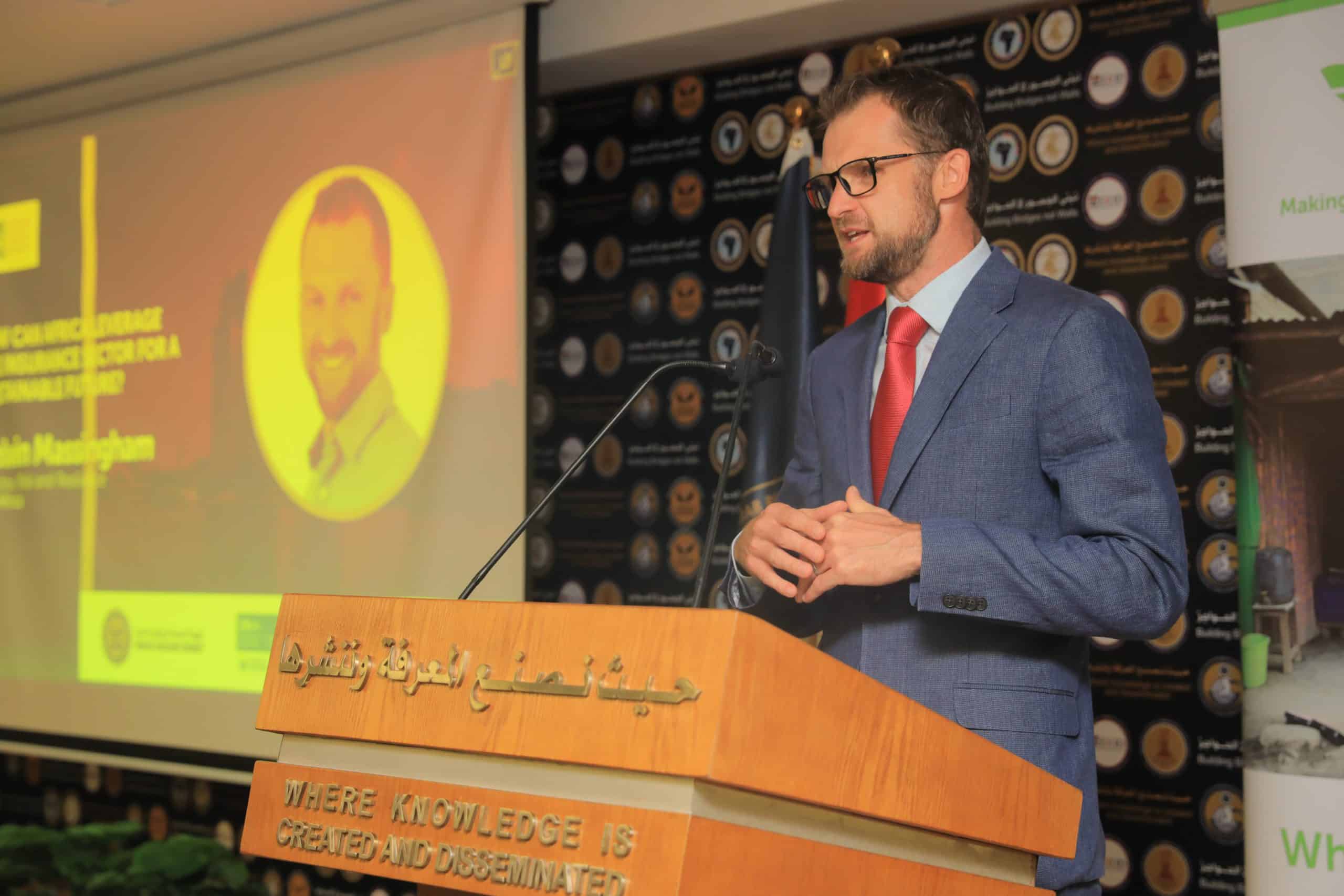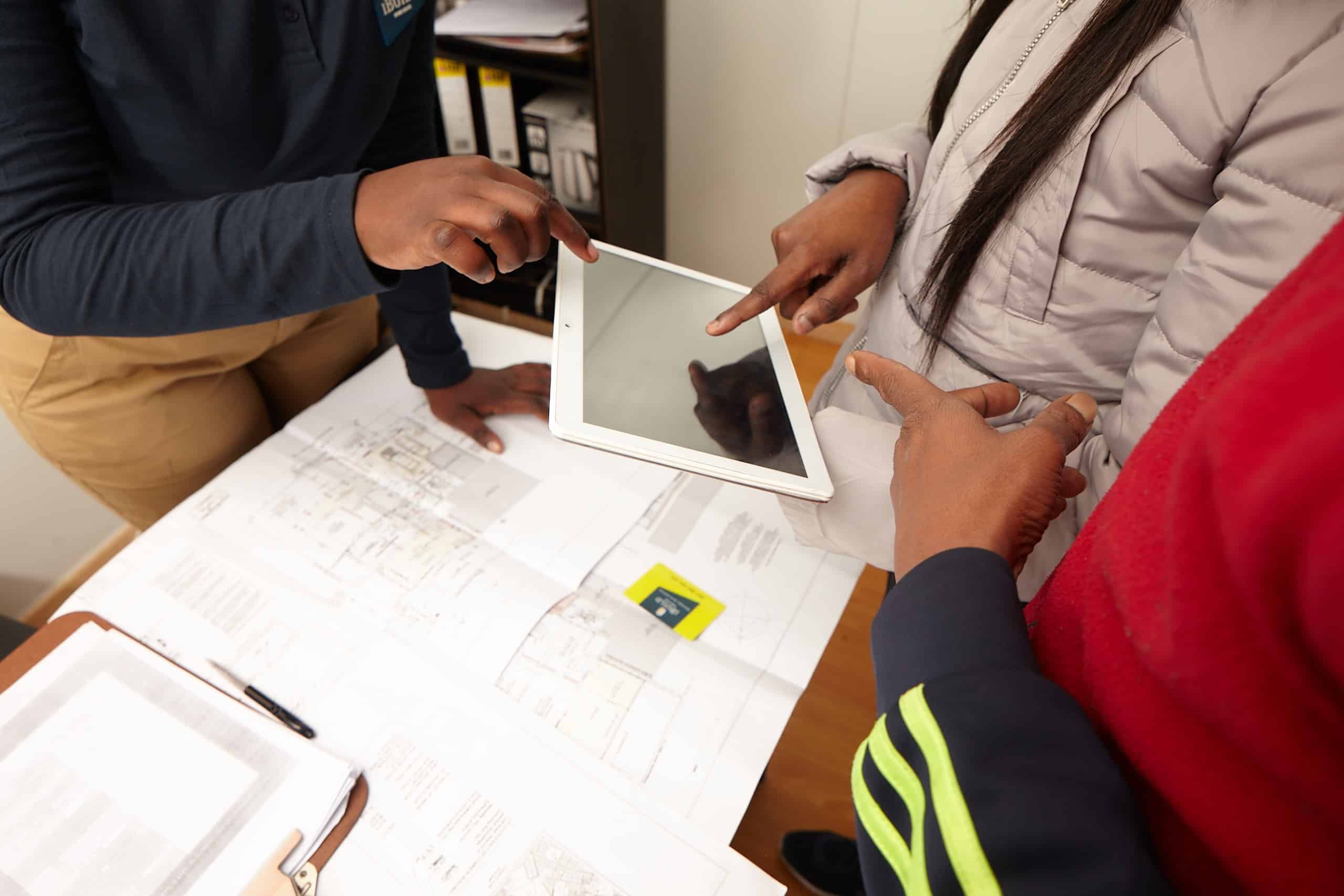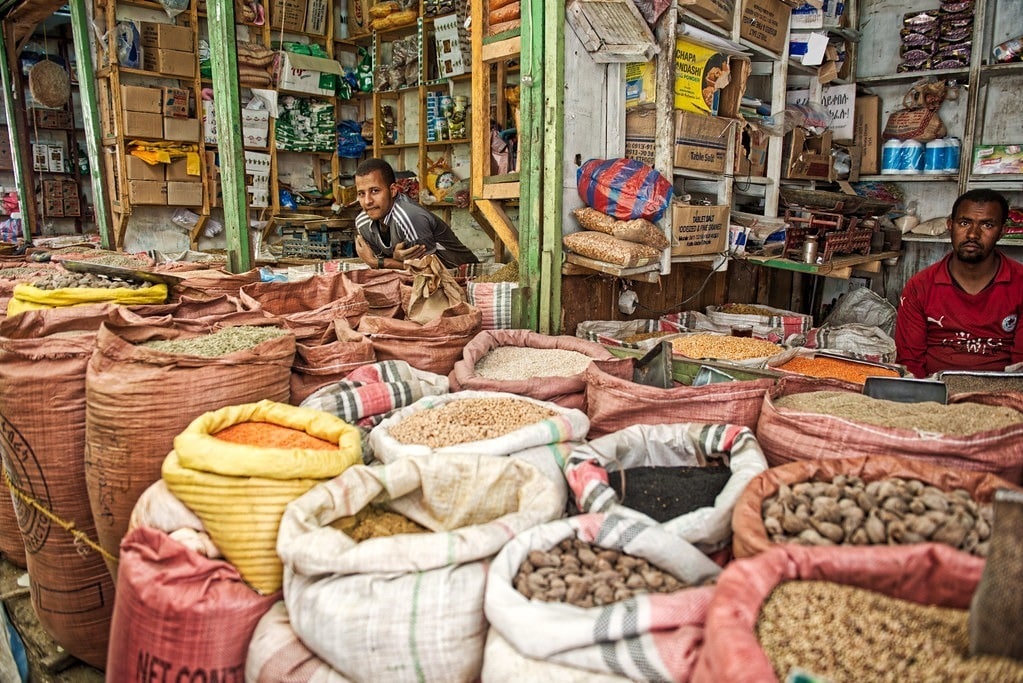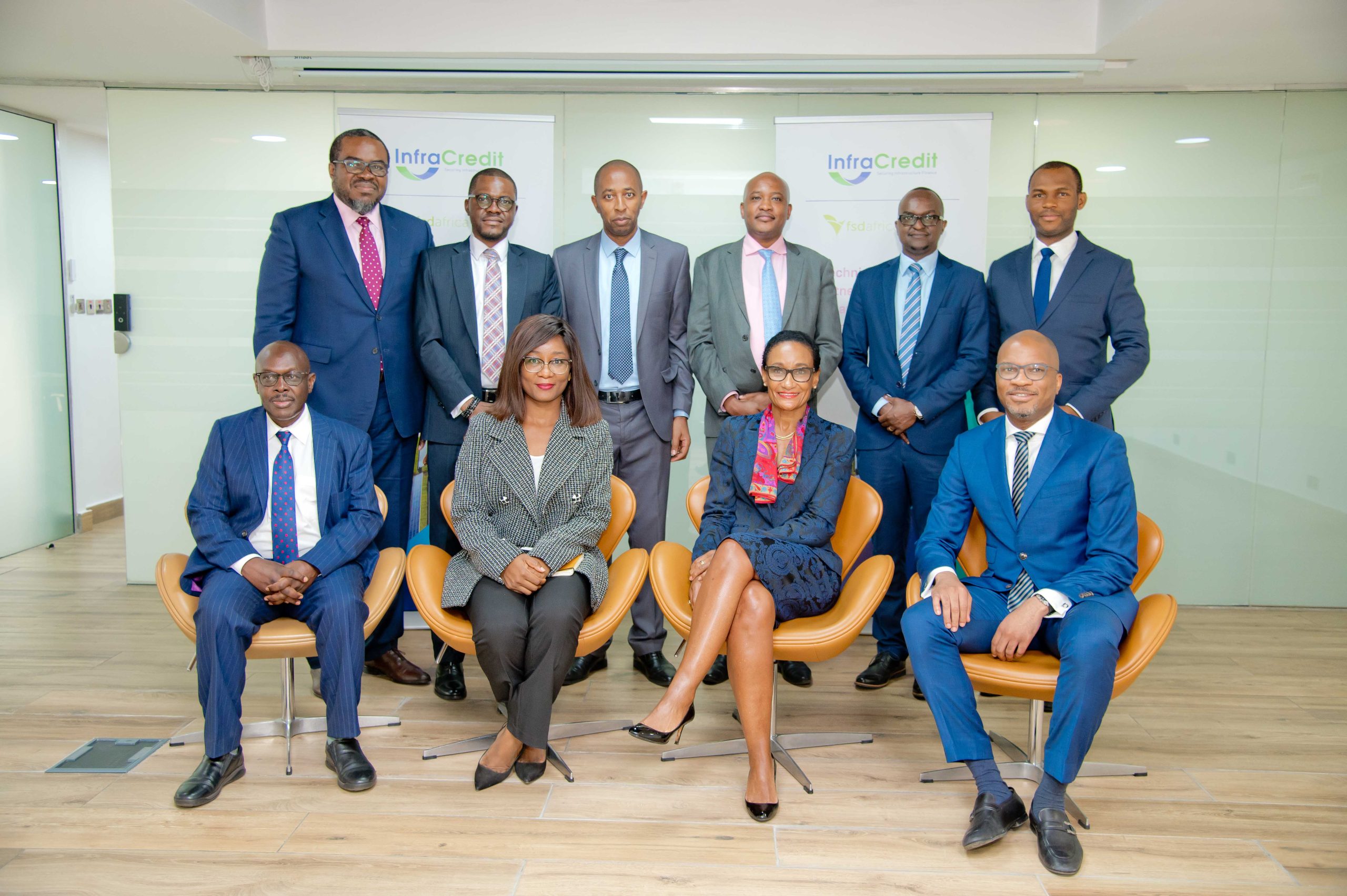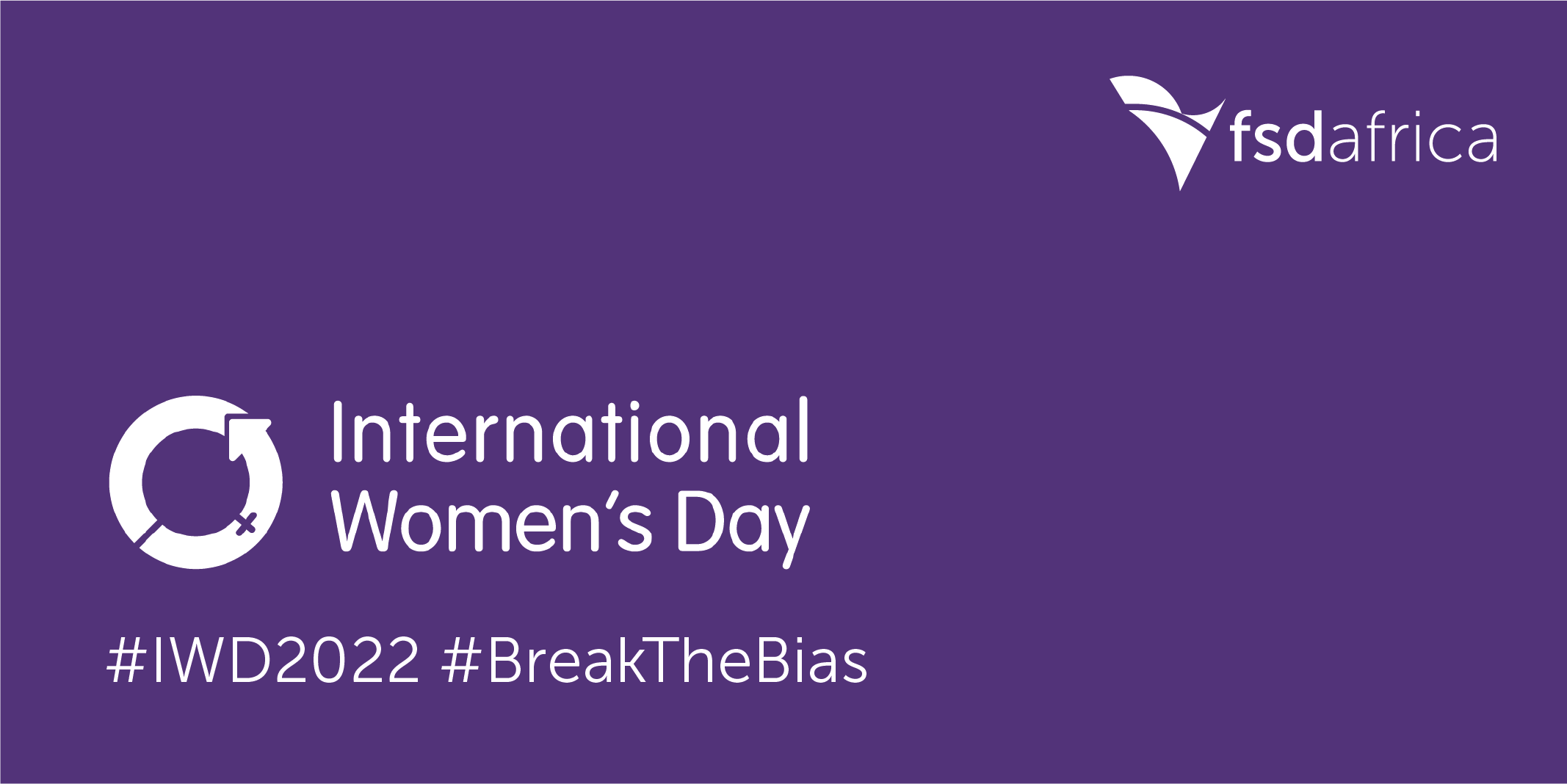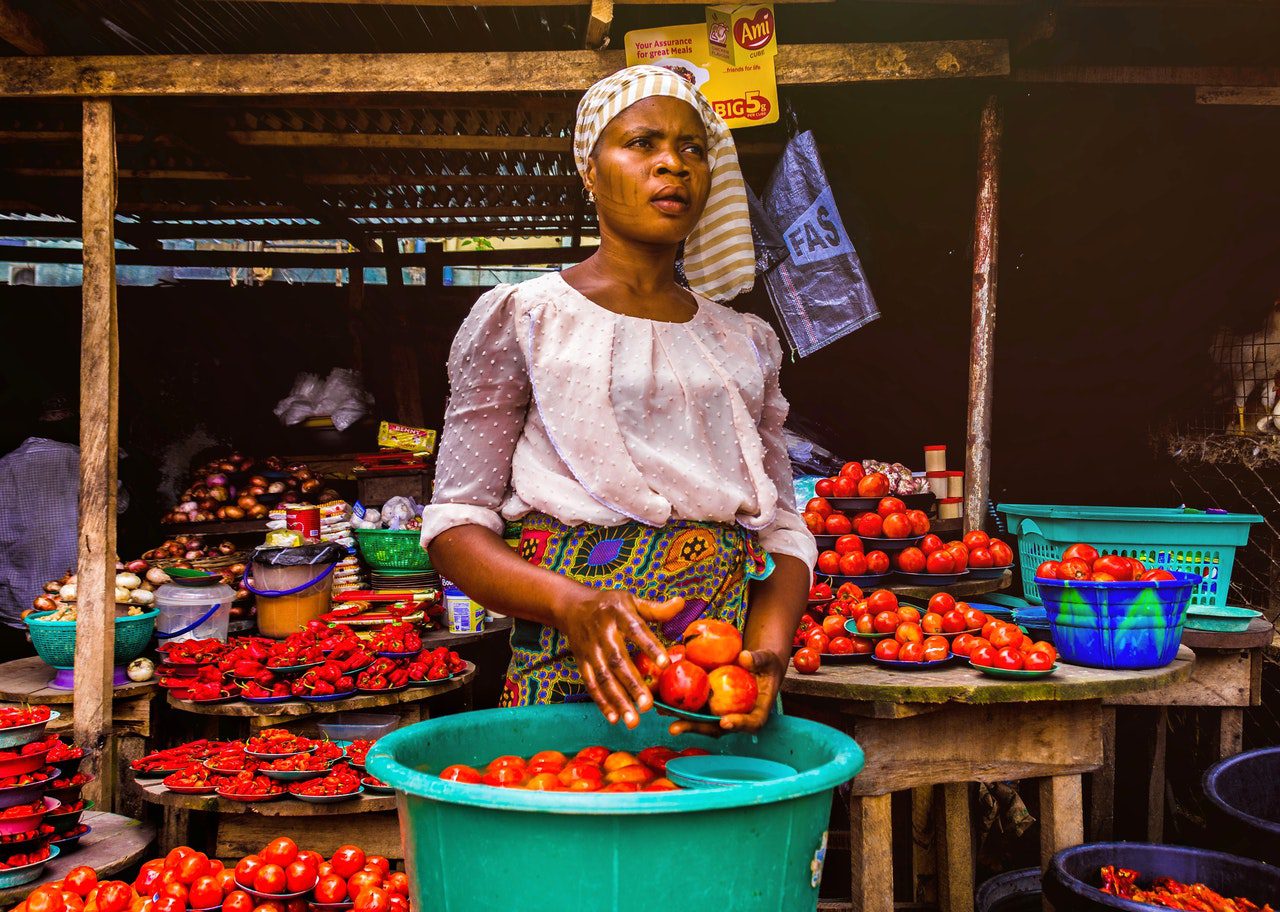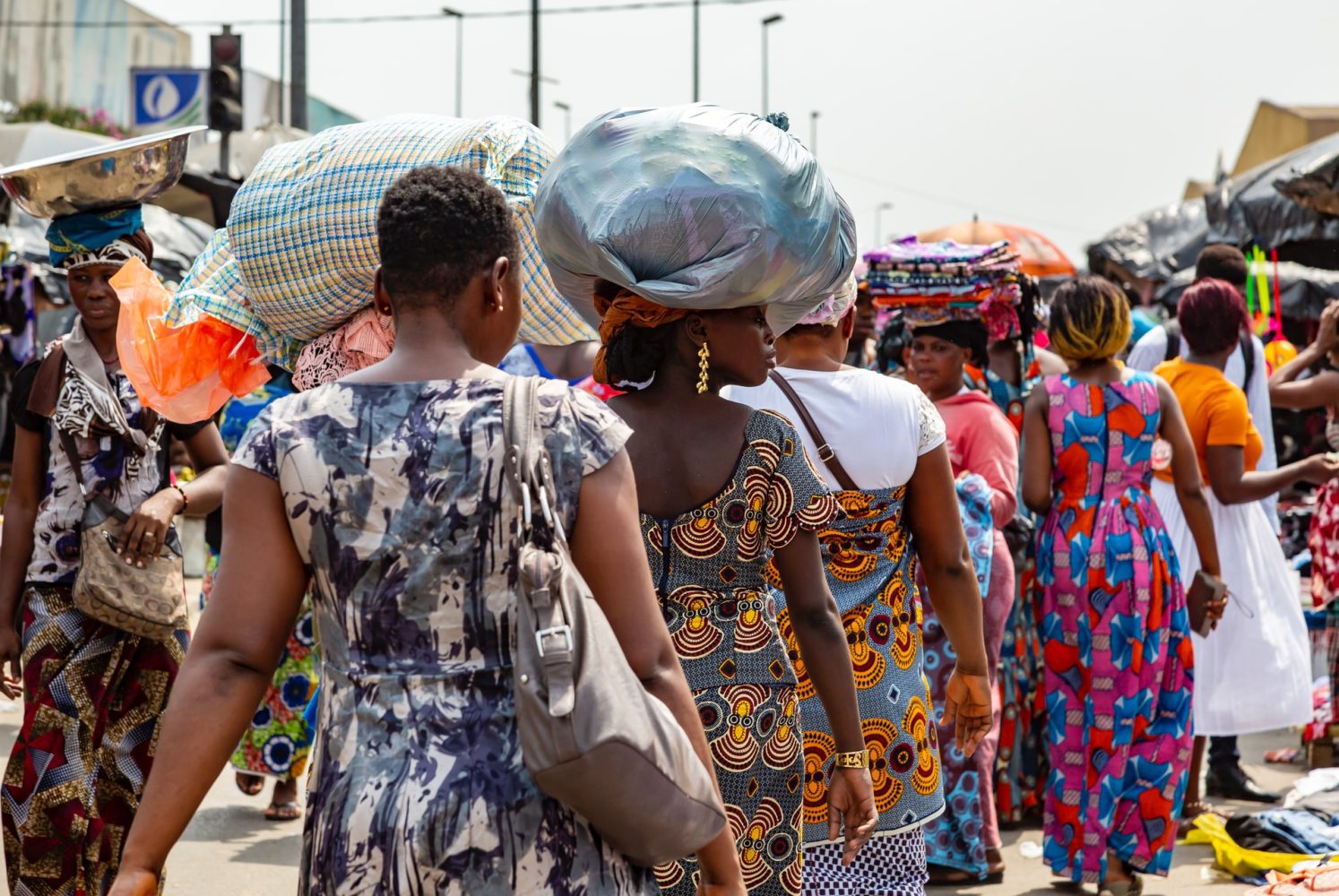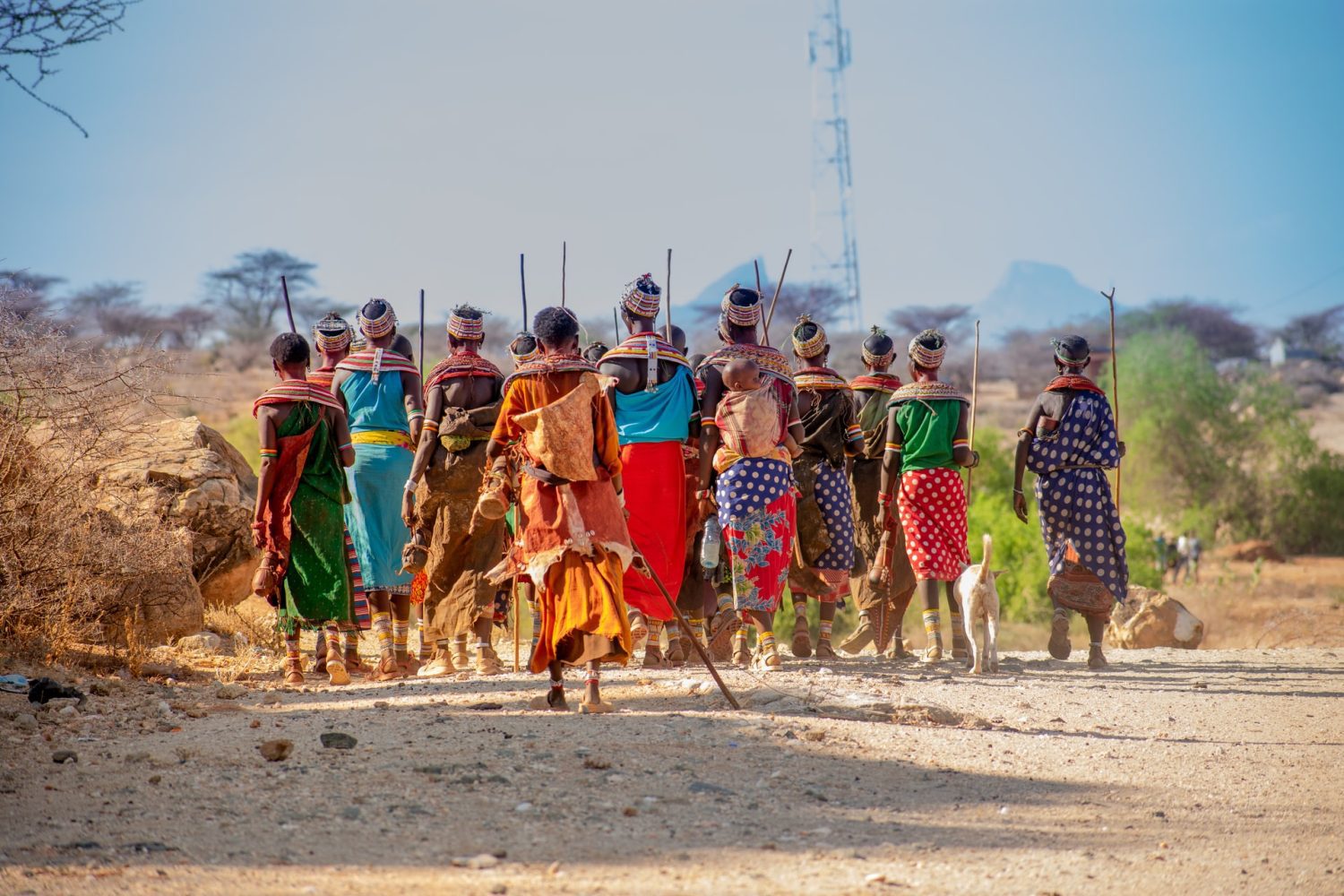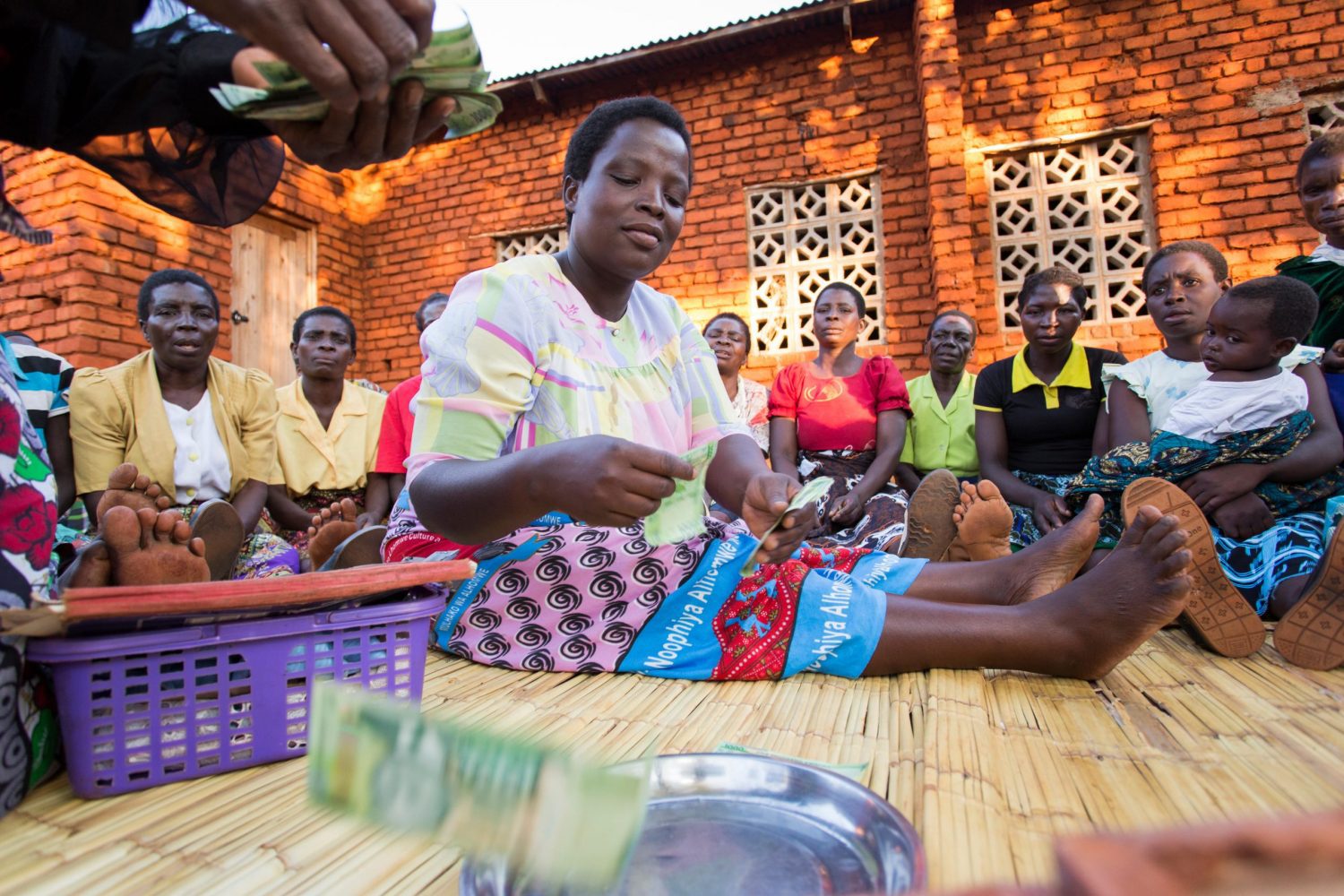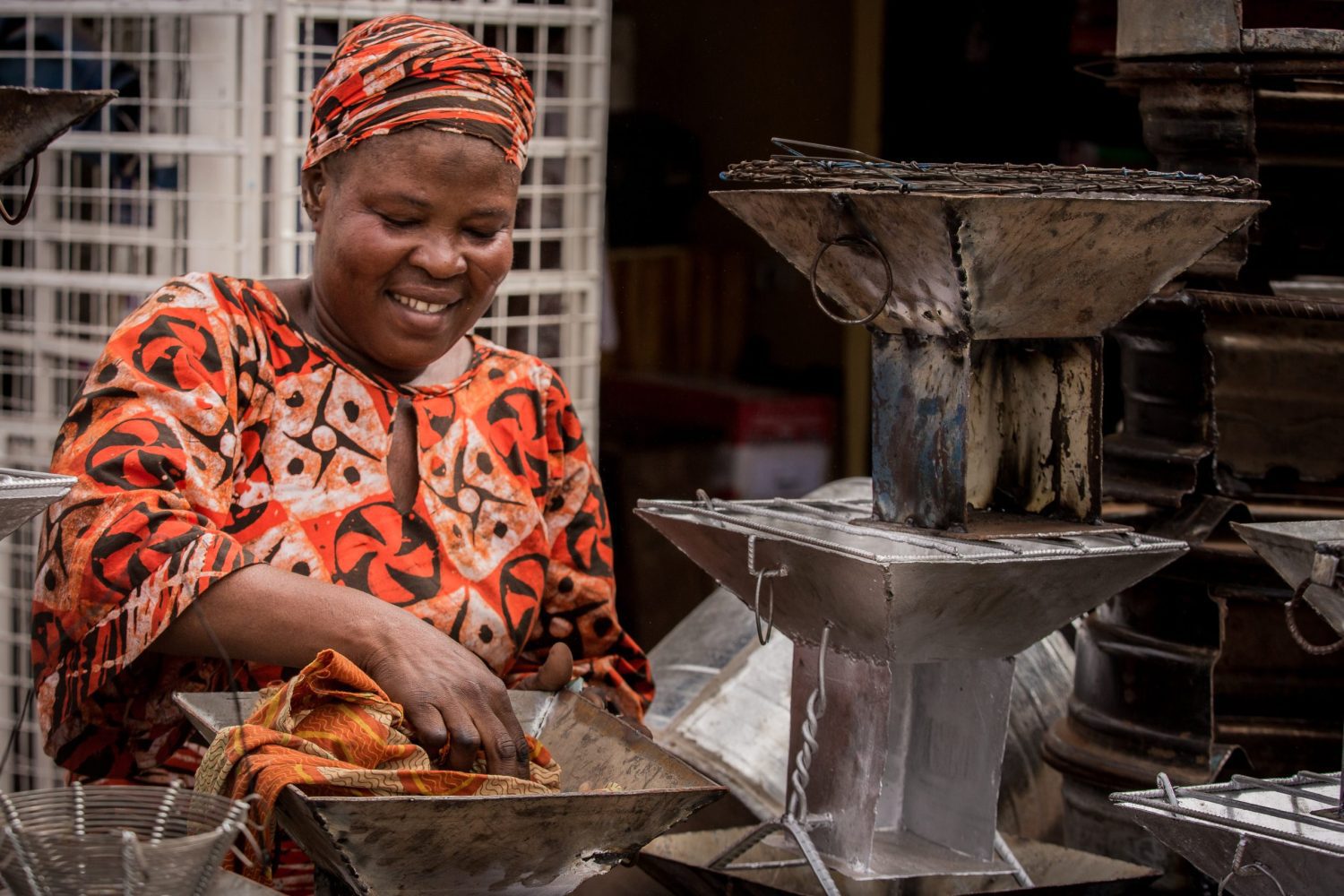Enhancing Egypt’s efforts on ESG, strengthening local and regional insurance businesses and supporting investments towards innovation for climate resilience.
Egypt’s financial market is set to benefit from announcements made by the UK government in partnership with FSD Africa in enhancing activities aligned to decarbonisation, resilience, and natural capital.
Through a series of stakeholder engagements and high-level meetings with leading institutions and policymakers, the partners identified and committed to supporting Egypt’s efforts in climate risk management and human development by paying special attention to the country’s vulnerable populations.
Since 2016, Egypt has undertaken a series of reforms aimed at strengthening the local economy and attracting foreign investments. These reforms have helped the economy avoid many of the adverse impacts of the Covid-19 pandemic. As the Egyptian economy looks to recover and respond to new challenges, including the economic impact of the war in Uk initiatives such as those announced this week will further boost national efforts for building a more resilient economy.
Key highlights of the engagements include:
Support towards innovation for climate resilience
Egyptian-based tech start-up Baramoda won a Fintech x Climate Resilience Startup challenge. The challenge sought to identify solutions working to improve the resilience of climate-vulnerable communities in Africa.
Baramoda’s solution focused on maximizing the efficiency of agri-waste management by addressing soil pollution and agricultural waste. Baramoda innovates organic soil improvers and fertilizers from different types of agricultural waste. This tailored compost is made from organic and natural components for the health of Egyptian land.
Recently, FSD Africa announced similar support for Africa-focused fintech startups with solutions that enable climate resilience in the most vulnerable communities.
FSD Africa also participated in an eye-opening investor roundtle with leading Egyptian venture capitalists hosted by the American University in Cairo (AUC) Venture Lab discussing Climate Resilience solutions.
Sign-up for The Nairobi Declaration
FSD Africa recognises the contribution insurers can make to climate change and in producing better outcomes for the continent. To this end, the organisation has urged Egypt-based stakeholders to commit to the Nairobi Declaration on Sustainable Insurance as a first step toward creating a sustainable insurance industry and building resilience for the continent.
The partners have stressed the importance of all businesses across Africa in engaging with the net-zero ambitions, agreeing that by playing its role, the insurance industry will be critical in building a sustainable environment for the future.
MoU with the Egyptian Financial Regulatory Authority to advance the implementation of ESG principles in North Africa
FSD Africa is in advanced discussion with the Egyptian Financial Regulatory Authority (FRA) to jointly drive the integration of ESG principles across the insurance sector in Egypt. Through the MoU, FSD Africa and the FRA will directly engage with local insurers and, in due course, work together to deliver the Africa Climate Finance Leadership Course in North Africa.
The Africa Climate Finance Leadership Course will enhance the capacity of regional policymakers, regulators, academia, and financial market participants to support climate-related projects. The training will also provide guidance for these regional actors to access climate funds from global sources and fast-track capital mobilization for climate projects across North Africa.
FSD Africa is committed to working with regulators and government agencies to identify, mitigate and manage climate risks and opportunities. Through our new partnerships, Egypt and its neighbouring countries will have an opportunity to significantly address the risks of climate change and accelerate the transition to a high-potential green economy.
Mark Napier, CEO – FSD Africa
